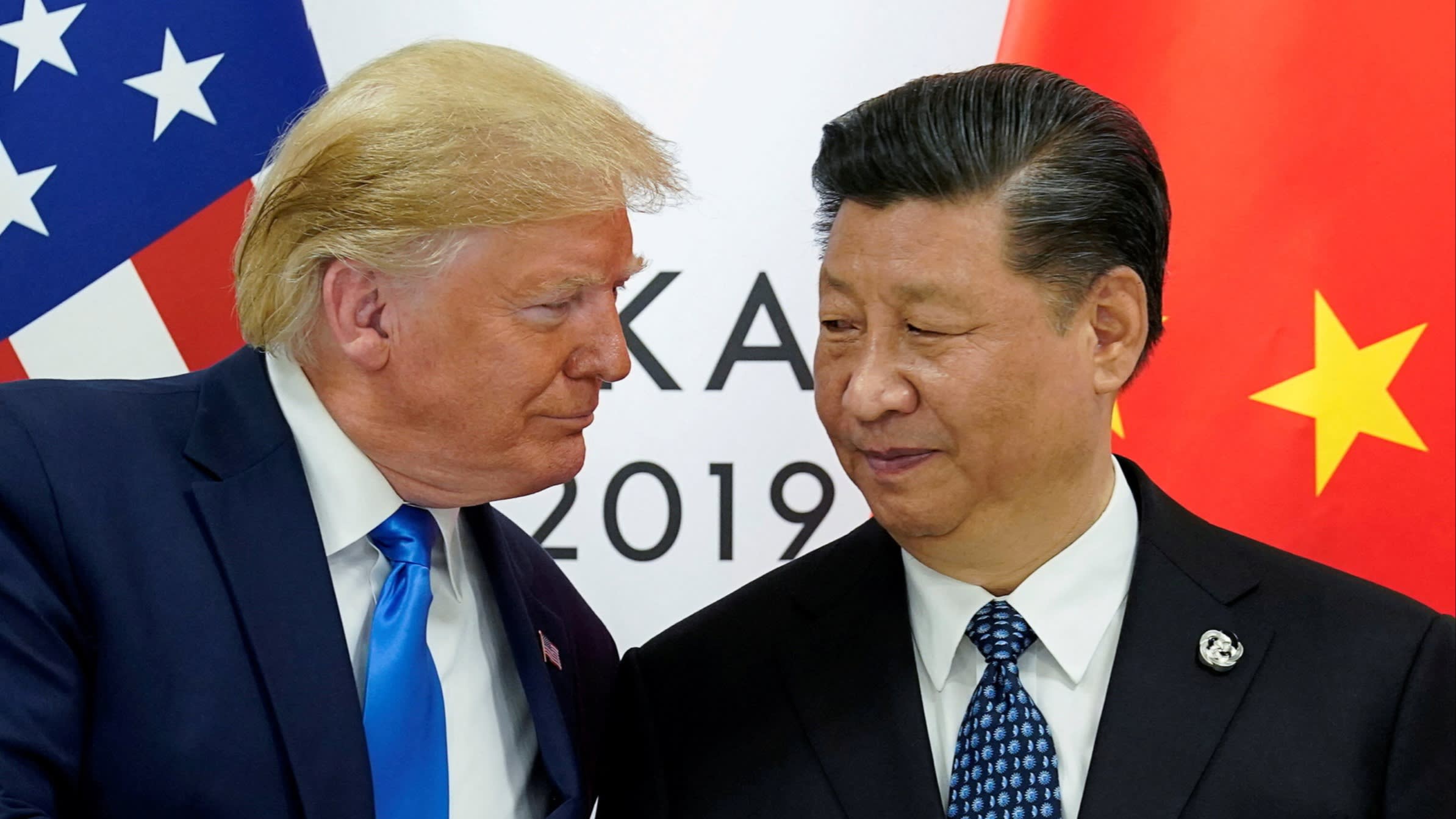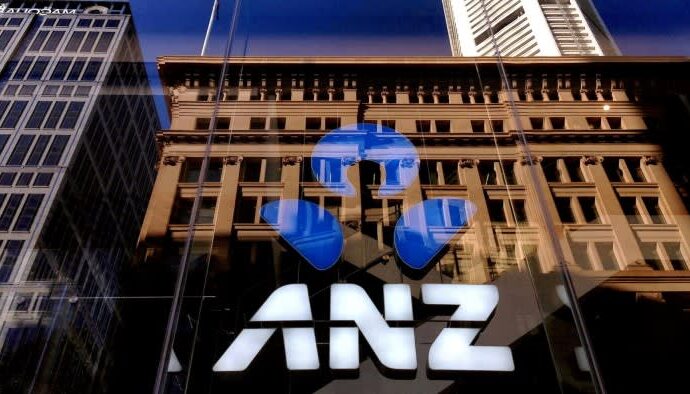
Unlock the White House Watch newsletter for free
Your guide to what Trump’s second term means for Washington, business and the world
Donald Trump agreed with Xi Jinping to launch a new round of high-level trade talks between the US and China as the leaders of the two countries sought to ease commercial tensions that have been rattling the global economy.
Trump and Xi spoke on the phone on Thursday, in their first known conversation since before the US president returned to the White House in January, following repeated attempts by Washington to engage the Chinese president in a discussion on trade.
In a Truth Social post, Trump described the call as “very good” and said it had “resulted in a very positive conclusion for both countries”.
He added that said there “should no longer be any questions respecting the complexity of Rare Earth products”.
China’s limited exports of the vital materials have been a source of tension in recent weeks, as both sides accused each other of reneging on a deal reached in Geneva last month.
The US president said that high-level economic talks with China would begin soon, with Washington represented by US Treasury secretary Scott Bessent, commerce secretary Howard Lutnick and US trade representative Jamieson Greer.
He also said that Xi had invited Trump to China, and that he had “reciprocated”. “As Presidents of two Great Nations, this is something that we both look forward to doing,” Trump said.
The call came a day after the US president described his Chinese counterpart as “extremely hard to make a deal with”.
According to a report carried by Chinese state news agency Xinhua, Xi told Trump that China has strictly implemented the Geneva agreement, adding that the US side should look at the progress made in a realistic way and withdraw the “negative measures” taken against China.
“The Chinese people always keep their promises and fulfil their actions. Since a consensus has been reached, both sides should abide by it,” Xi told Trump.
Last month’s Geneva agreement between the US and China temporarily reduced their tit-for-tat tariffs, which had soared as high as 145 per cent, with Washington saying it would also restart the flow of critical rare earths and related magnets to the US.
But last week, Washington accused Beijing of failing to live up to its promises to approve licences for exports of rare earths, leading to shortages that are threatening to shut down parts of US industry, and fears of a new breakdown in economic relations between the countries.
China earlier this week accused the US of “seriously violating” the Geneva agreement by issuing new warnings on using Huawei chips globally, halting sales of chip design software to Chinese companies and cancelling visas for Chinese students.
According to the Chinese side, Trump told Xi that the US was willing to work with China to implement the agreement and that the US “welcomes Chinese students to study in the US”.
The trade war between the US and China triggered a sharp sell-off in global equities, which have recovered and stabilised since the truce was hatched in Switzerland last month.
But investors are closely watching whether that pact will hold or if tensions will flare up again, raising the possibility of another escalation of tariffs.
Trump has frequently said that his strong personal relationship with Xi will help cut through the trade and strategic tensions between the US and China.
In his Truth Social post, Trump said that the conflict in Ukraine and negotiations with Iran over its nuclear programme were not discussed in the call with Xi, in a sign that the US and China are trying to separate their economic relations from broader geopolitical flashpoints.
Trump’s tariffs exacerbated a gloomy outlook for Xi’s economic planners in Beijing. China has been battling a slump in consumer and business confidence as well as persistent deflationary pressures and high youth unemployment.
While the rise of a clutch of new high-tech manufacturers and AI companies have been a bright spot for the world’s second-biggest economy, a surge in low-cost Chinese exports has also rattled many trading partners.
Thursday’s call between Trump and Xi came ahead of the US president’s planned meeting at the White House with German Chancellor Friedrich Merz, in which trade tensions between the US and the EU were expected to be at the top of the agenda.
Trump has threatened to impose 50 per cent tariffs on EU imports on July 9 unless a deal is reached with Brussels.
Additional reporting by Cheng Leng in Hong Kong


